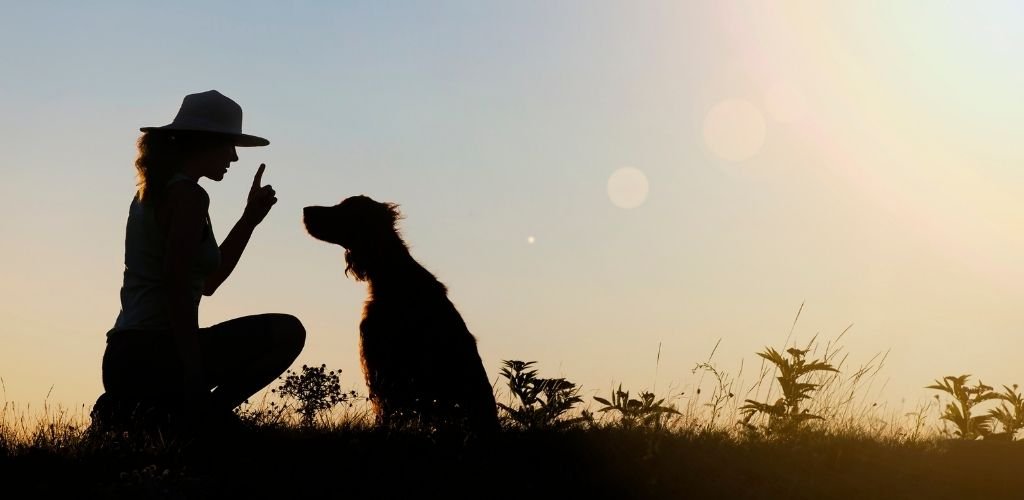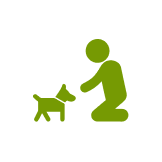In 24 cities

When should I start training?
|
|
Time to read 2 min
Get product availability and delivery timelines based on your location.
No saved addresses found
Add an address to see it hereAre you sure you want to delete this address?
Select Delivery Location
Search location
Confirm location
Confirm Location
Add new address
Enter complete address
100% Authentic

Easy return policy

Help us ensure a smooth delivery
Help us ensure a smooth delivery
SIZE GUIDE
Written by: Karan Arora
|
|
Time to read 2 min
Puppies are constant learners, they learn from their environments, while socialising with other dogs and humans around them and also while you’re training them. Training your pup at the right time is critical since it will help build a strong foundation for them in their adulthood. If you want to know why training is important for your dog, visit our previous blog here: (add link)
Basic Puppy Training Timeline:
So when can you start teaching your dog different commands and house training him/her? Here’s a simple timeline you can follow:
8-10 weeks: Ideally, it is best to get a puppy home when it is about 8-10 weeks old. We recommend that the pup should not be separated from its mother and siblings before this. During this phase, you can teach them the basics such as their name, some simple obedience commands such as “come” and “sit” and good manners at home. Crate training and potty training are also essential at this stage. You can also start socialising the puppy by slowly introducing him/her to family and friends.
10-12 weeks: During this phase, you should start expanding on your pup’s commands, socialisation and impulse control. You can introduce commands like, “place”, “down”, “fetch” and “drop it”. At this stage, it's important to continue their socialisation; introduce them to new people, new dogs, and common sounds in the environment that they should get accustomed to.
3-4 months: This point in their development, your pup can be compared to a juvenile. They are more independent and may start to ignore the basic commands that they are pretty familiar with. If this happens, it is important that you are firm, but gentle to reinforce the commands. Here, you can introduce commands like “stay” and “leave it”. You may notice that your pup is testing your authority by play-biting or similar actions. You can stop this by saying “no” and then ignoring them for a few minutes, or you could also redirect their attention to a toy that they can bite. It is important to keep playing with your puppy on a regular basis, and start command combinations like long sit and stay.
4-6 months: This is the ranking period in your puppy's development, so you can expect them to be more independent and also somewhat bratty. It is here that they start to understand ranking, in terms of their dominance and submission and where they “stand in a pack”. They are most likely to test your limits and may also show dominance over children or other family members. You can counteract this by advancing on their commands and obedience. Extend your walks, but avoid letting them off a leash unless you are in a confined space since this can be dangerous.
6-18 months: At this stage, your puppy should know their basic commands and have a strong foundation in potty training, crate training and socialization. Continue to work with your puppy and reinforce what they have learned. For this, make sure that you maintain a structure at home and during training. You can now also train them to ensure that they interact non-aggressively with other animals around them.
Share this blog
Read More Articles



In 24 cities

Happy pet parents

For every new member

Exclusive
2 item in cart
₹10,360

